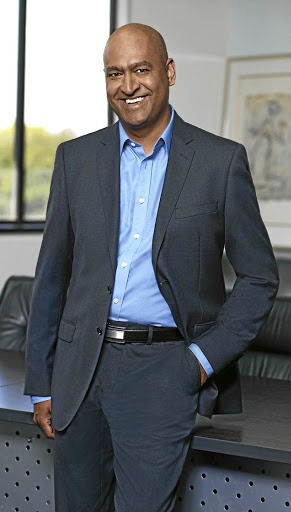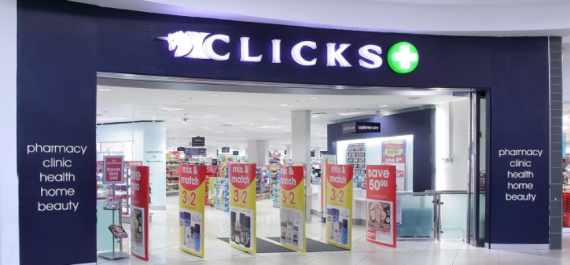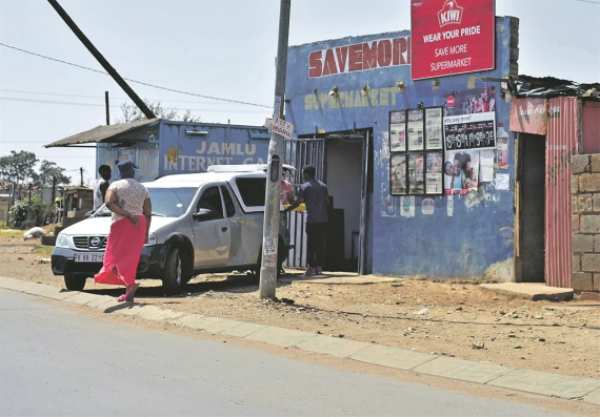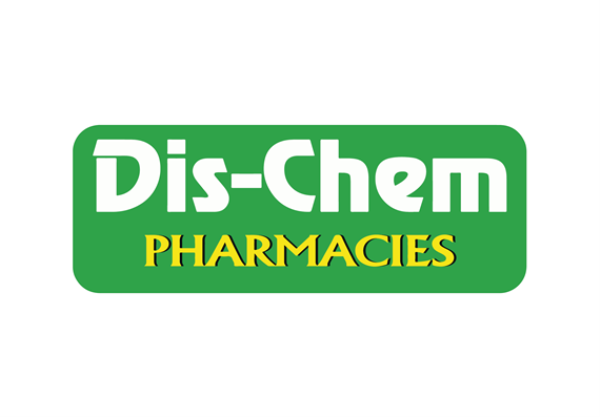But CEO Ramsunder says load-shedding looms as next crisis
Vikesh Ramsunder, the CEO of Clicks, says the pharmacy, health and beauty retail group may have benefited from Covid-19 but this owes more to astute management than to luck.
“Sure, we benefited from being essential service providers, but also from being one of the first to respond when news of the crisis in China was beginning to come out.
“When we saw what was happening in China we knew it was only a matter of time before it started happening around the world.”
Ramsunder says they acted immediately to pre-empt likely supply chain disruptions by bringing forward shipments from China.
“Our first response, from early January, was around the supply chain. How do we end up with stock so if it does hit SA and our borders are closed we still have inventory in the country?”
Only 6% of Clicks’s imports are from China but its local suppliers and manufacturers rely on imported raw materials for drugs from the East.
Ramsunder influenced them to take pre-emptive action.
This paid off big time when Clicks’s wholesaler business, UPD, which Ramsunder ran for five years and which distributes medicines to a hospital group, independent pharmacies and to Clicks stores, grew its turnover by 31.2% in the seven weeks to April 19, as customers prepared for Covid-19.

CEO Vikesh Ramsunder says Clicks has aggressive expansion plans. Picture: SUPPLIED
Ramsunder expects supply chain challenges to continue well beyond the lockdown and says local production and supply will be key.
He sees the ramping up of local production as one of the big positive outcomes from the virus.
“At R19 to the dollar it may become more efficient to have local production take place, if there’s capital available for local entrepreneurs.”
He says the next big crisis for businesses which survive Covid-19 will be load-shedding, “which everybody seems to have forgotten, but was such a bane in our lives on an ongoing basis”.
It affected Clicks’s trend-bucking results for the six months to end February — a 12.9% rise in profit to R850m, 14.4% increase in headline earnings per share and 7.7% increase in income to R4.1bn — “very negatively”, he said.
“We were spending an enormous amount of capital to keep our stores’ lights on.”
He sees load-shedding as one of the biggest risks to Clicks going forward.
"If you have the Covid-19 virus you worry about people coming into stores. Then you have the lights going out as well. That’s an even bigger deterrent to business.”
The impact, if load-shedding happens on a significant scale over winter, doesn’t bear thinking about, he says.
"Nothing prepares you for what we’ve had to deal with over the last decade."
- Vikesh Ramsunder, CEO of Clicks
But in its favour Clicks has “a very resilient business model which we are focused on executing”.
Core to this is the customer.
“If you always remember that the customer is the most important person in the organisation, not the CEO, if you try to fulfil on an ongoing basis the customer’s requirements, that's what makes your business truly resilient oveovere long term.”
Ramsunder’s going to be doing this with an aggressive expansion drive increasing its stores and pharmacies in SA from 684 to 900 oveovere next eight years.
This is not a contradiction, he says. “We’re not going into big destination shopping malls. We’re already in 191 of the 200.”
Instead they’re opening small stores in conveniently placed shopping centres.
“If you order online and pick it up at a Clicks store the model starts to work. With click and collect you’re making every store a destination store without the requisite investment in space and inventory.”
The tough economy has made more of these spaces and shopping centres available to them sooner, he says.
Which begs the question: isn’t this a very brave, not to say reckless, strategy to follow in the teeth of a probably devastating recession?
The whole idea of strategy is taking a long-term view, he says.
IN NUMBERS: 75%
The percentage of Clicks investors that are offshore
“It gives you benefits oveovere long term. I’m confident in the short term we’ll feel some pressure.
“We’re not immune to the tough economy in any way. But we’re doing this in a smart, measured way rather than in a knee-jerk manner.”
Ramsunder, 49, started at Clicks as a cashier 26 years ago after quitting a BSc pharmacy degree at Wits.
He succeeded David Kneale, who turned it from a business in deep trouble into one worth R50bn (now R60bn), as CEO in January 2019.
“There are two things in business,” he says. “Being very focused on your long-term plan is one thing. The other thing is dealing with the short-term challenges that come along.
“Even if Covid-19 affects us for two years you have to treat that as short term in a 10- or 20-year plan.
“You can’t just look at a two-year horizon and say, 'I'm not going to grow my business'.
“Everything is cyclical. If you don’t make profit you can’t pay the taxes, the bursaries, employ people.”
He says it is critical that no matter how dire things may look business leaders take a positive view and try and get the country going.
“Because if we don’t it's a self-fulfilling prophecy.”
Analysts say Clicks's price-earnings ratio of 38 is so high that to keep growing the share price they’ll have to shoot the lights out.
“It’s not about shooting the lights out,” he says.
“It’s about achieving, meeting the expectations of investors. Your share price then will continue to grow.”
Clicks’s biggest shareholder is the PIC, with 14%, and 75% of investors are offshore. Ramsunder meets them in the UK, US and Europe twice a year.
He says they have concerns about the macroeconomics and politics in SA, “but it’s the job of the CEO and management to continuously tell them what we’re focusing on, what we’re doing.
“That hasn’t changed, and if we continue to deliver the results they expect I see no reason why they’d sell.”
Article Source: https://www.businesslive.co.za/bt/business-and-economy/2020-05-03-quick-action-gives-clicks-virus-boost/





